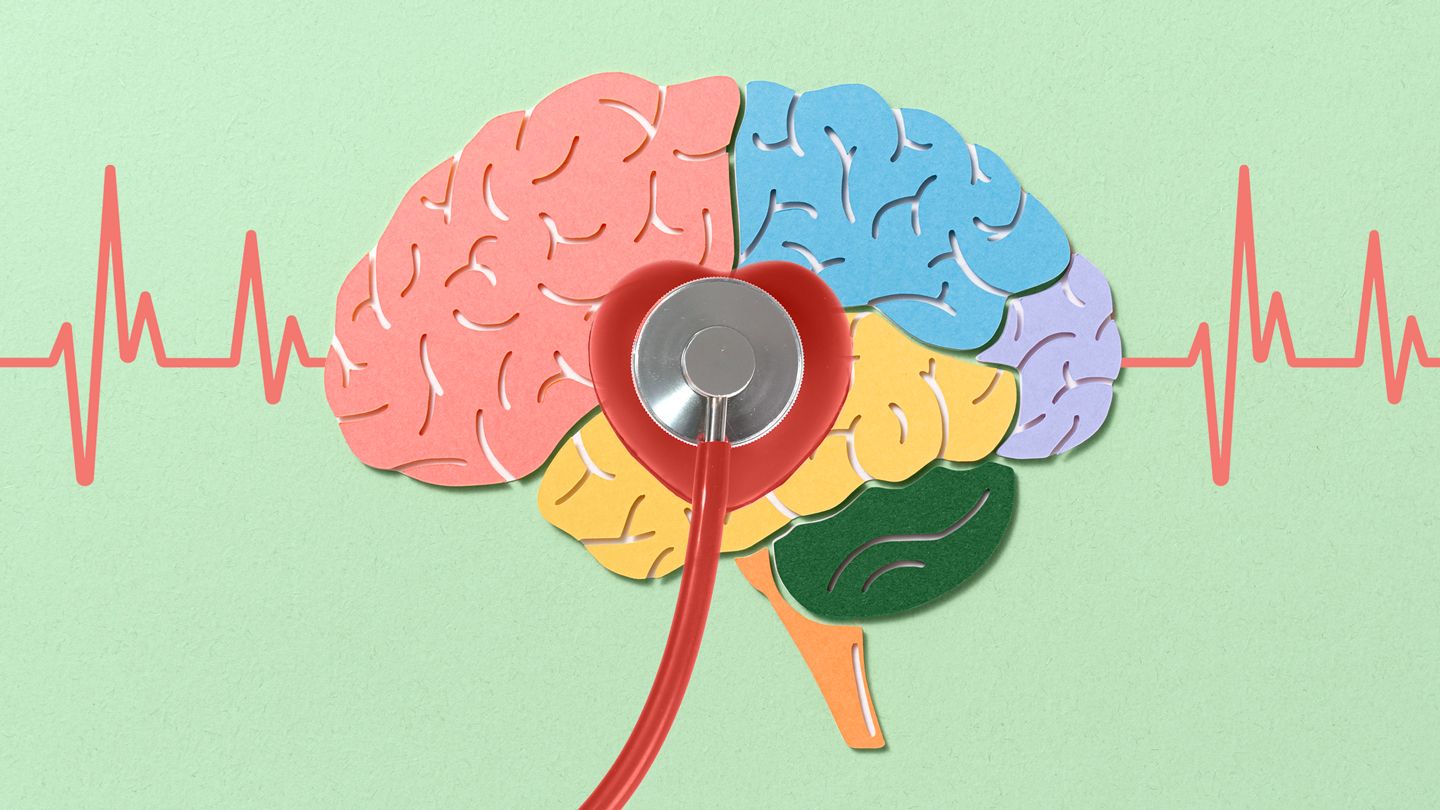“While afib is a modest predictor of dementia in the general population, its impact is particularly significant in younger individuals and in early-onset dementia,” says lead study author Julián Rodriguez García, MD, PhD, a cardiologist with the electrophysiology and arrhythmia department of the Bellvitge University Hospital in Barcelona, Spain.
“These findings highlight the importance of early detection and management of afib,” says Dr. Rodriguez García, “and suggest the need for further research into whether afib treatment could mitigate dementia risk.”
Afib Raises Early-Onset Dementia Risk by 36 Percent
Presented at the annual meeting of the European Heart Rhythm Association, the research drew on a database of more than 2.5 million adults who were 45 or older and had no prior diagnosis of dementia.
At the start of the study, nearly 80,000 participants (3.25 percent) had a recorded afib diagnosis.
Based on an average follow-up of 13 years, the researchers determined that in people under age 70 with afib, the risk of developing future dementia was 21 percent higher than for those without afib.
The risk of developing early-onset dementia (meaning dementia that begins between the ages 45 and 65) was 36 percent higher than for those without afib.
Rodriguez García and his team highlighted that people in the youngest afib group, ages 45 to 50, had a 229 percent higher risk of developing future dementia.
This suggests that mechanisms other than typical stroke may be involved, such as so-called silent strokes (those that show no clinical symptoms), microinfarcts (microscopic strokes), and microbleeds, according to the study authors.
The scientists noted that the association between afib and dementia risk lost all statistical significance from age 70 onward.
“In younger individuals, afib may play a more prominent role in dementia pathophysiology [changes that occur in the disease process],” says Rodriguez García. “In older adults, other age-related factors likely overshadow the effect of afib.”
Heart Health Is Linked to Brain Health
But prior studies have shown mixed results regarding the associations between atrial fibrillation and dementia, according to Paul Wang, MD, a cardiologist and director of the Stanford Cardiac Arrhythmia Service in Palo Alto, California.
“This study is important because it examines the occurrence of dementia in a large study population of over two million individuals with a substantial average follow-up of 13 years,” says Dr. Wang, who was not involved in the research. “The main limitation is that the study can only show that some patients with afib may have a higher rate of dementia. It cannot show that afib causes dementia, only that they are associated.”
He suggests that inflammation affecting the heart and blood vessels may affect brain cells as well.
“Afib, by disturbing blood flow to the brain, may contribute to the development of dementia,” says Wang. “Blood clots due to afib might also contribute to dementia.”
Taking Steps to Lower Afib Risks
More study is needed to see if measures to treat atrial fibrillation might help ward off dementia. Still, Rodriguez García recommends following these preventive strategies for afib:
For those already diagnosed with afib, he recommends using appropriate anticoagulation medications and heart-rhythm control strategies to help reduce the risk of long-term cognitive effects.
Read the full article here




